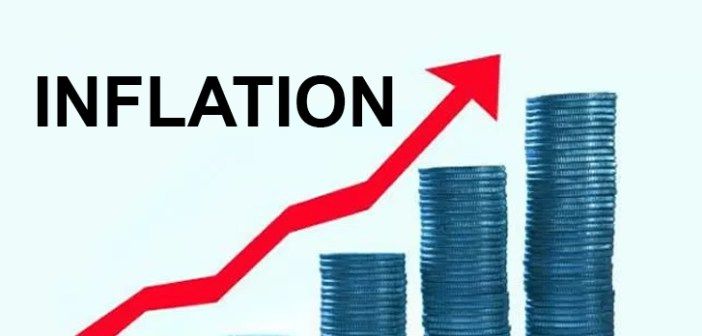Inflation Edges Higher to 23.8% in December, Extends Deviation From Central Bank’s 20% Year-End Target
Headline inflation rose modestly to 23.8% in December 2024, up from 23% the previous month, reflecting mounting pressures in food prices and pushing past the Bank of Ghana’s revised year-end target of 20%.
The increase was driven by a sharp uptick in food inflation, which climbed to 27.8% from 25.9% in November. By contrast, non-food inflation eased slightly to 20.3%, down from 20.7%, underscoring a divergent trend between the two key sectors.
Inflation for locally produced goods accelerated to 26.4%, up from 25.4% in November, while imported goods registered a marginal rise to 17.9%, compared to 17.6% the prior month.
Key Divisions See Accelerated Price Pressures
Alcoholic beverages, tobacco, and narcotics saw the highest inflation at 28.4%, followed by food and non-alcoholic beverages at 27.8%.
Housing, utilities, and fuel costs also remained elevated, with inflation for the category at 26.3%, all significantly above the national average.
Regional Disparities Widen
Inflation continued to exhibit stark regional variations, with the Upper East region reporting a striking 40.6%, the highest in the country, while the Eastern region recorded the lowest at 16.8%.
Monetary Policy Challenge
The marginal rise in headline inflation presents fresh challenges for the central bank, which has been pursuing tight monetary policies to anchor inflation expectations and stabilize the cedi.
Analysts warn that persistent food price pressures and regional disparities could complicate the bank’s task of maintaining macroeconomic stability.
With inflation stubbornly above target, policymakers face growing pressure to address structural bottlenecks in food supply chains while balancing the risks of dampening economic recovery.







